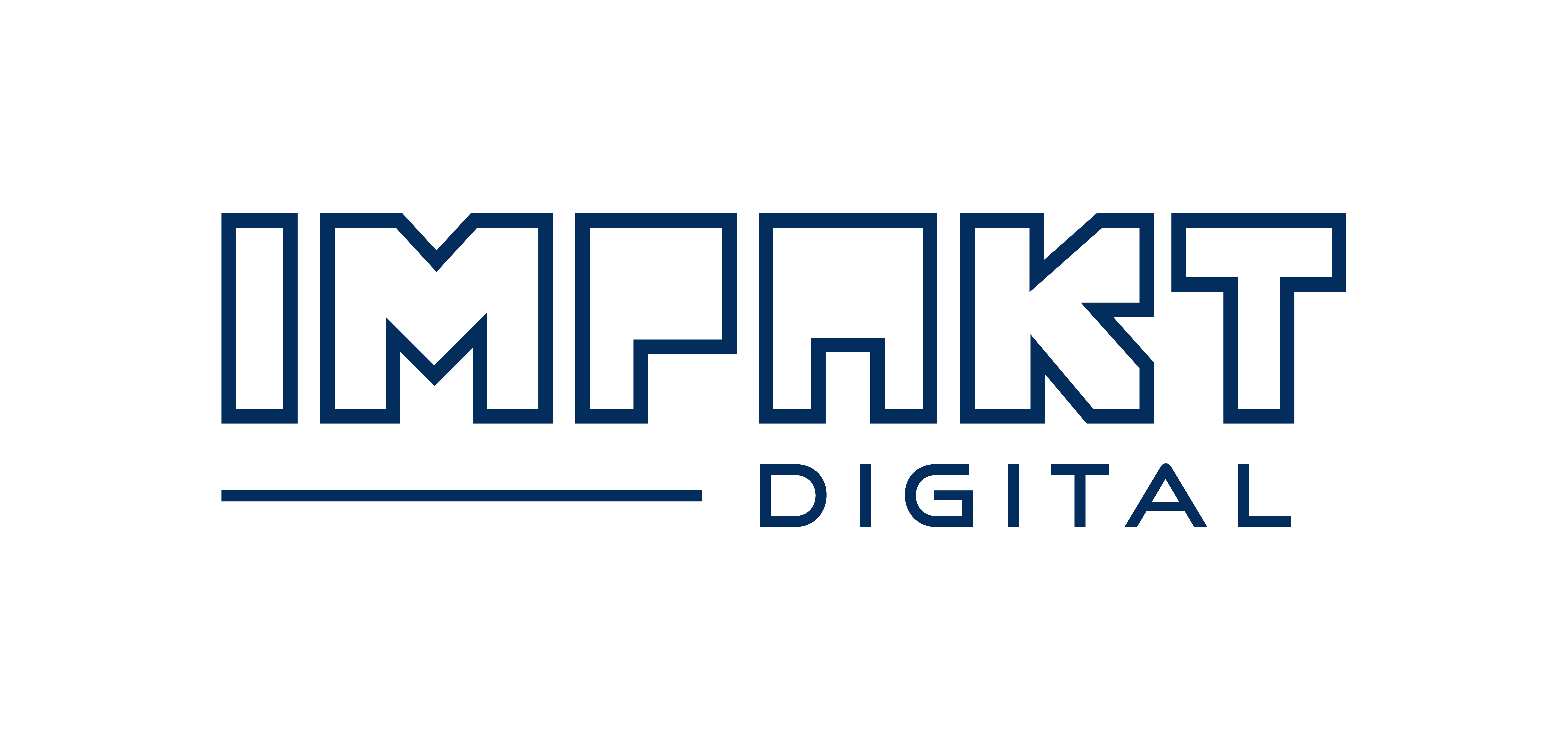
In today’s digital age, the security of your website is paramount. One essential tool for securing your website is an SSL certificate. This blog will explore how SSL certificates can address technical SEO issues and improve your site’s overall performance.
Quick Overview – What Technical Issue Can You Solve with SSL Certificate
An SSL (Secure Sockets Layer) certificate helps solve the technical SEO issue of “Not Secure” website warnings and HTTPS-related ranking penalties. Without an SSL certificate, a website operates on HTTP, making data transfers unencrypted and vulnerable to cyber threats. Search engines like Google flag such sites as “Not Secure,” which can negatively impact user trust and SEO rankings.
By installing an SSL certificate, a website moves to HTTPS, ensuring encrypted communication between users and the server. This enhances security, improves SEO rankings, and prevents mixed content issues, helping maintain a strong online presence.
Understanding SSL Certificates
What is an SSL Certificate?
An SSL (Secure Sockets Layer) certificate is a digital certificate that authenticates a website’s identity and enables an encrypted connection.

This encryption ensures that any data transferred between a user’s browser and the website remains private and secure. With rising concerns over data privacy and online security, having an SSL certificate is no longer optional but a necessity for all websites.
How SSL Certificates Work
When you visit a website with an SSL certificate, your browser requests the site’s SSL certificate to establish a secure connection. The SSL certificate contains the website’s public key, used to create a secure session key. This session key encrypts the data transmitted between the browser and the server, protecting it from interception and tampering. Without this encryption, malicious actors can easily intercept sensitive information such as credit card numbers, login credentials, and personal data.
Types of SSL Certificates
- Domain Validated (DV): Provides basic encryption and verifies the domain name. Suitable for blogs and informational sites.
- Organization Validated (OV): Offers higher encryption and verifies the organization’s identity, ensuring that the entity behind the website is legitimate. Ideal for business and corporate websites.
- Extended Validation (EV): Provides the highest level of encryption and verification, displaying a green address bar in browsers to indicate a secure site. This type of certificate is perfect for e-commerce sites and financial institutions where trust and security are paramount.
Importance of SSL Certificates for Website Security
SSL certificates are crucial for:
- Ensuring Data Encryption: They protect sensitive information, such as login credentials and payment details, from being intercepted.
- Building Trust: Visitors are more likely to trust and engage with a site that shows it’s secure. When users see the padlock icon or HTTPS in the address bar, they are reassured that their data is safe.
- Compliance: Many regulations, such as GDPR and HIPAA, require websites to use SSL certificates to protect user data. Non-compliance can lead to severe penalties and loss of reputation.
Does SSL Certificate Improve SEO?
Direct SEO Benefits
- HTTPS as a Ranking Signal: Google has confirmed that HTTPS is a ranking signal. Sites with SSL certificates can enjoy better search engine rankings. This means that all other factors being equal, a site with HTTPS will rank higher than one without.
- Google’s Preference for Secure Sites: Google prioritizes secure websites, potentially leading to higher visibility in search results. Secure sites are also displayed more prominently in search engine results pages (SERPs), making it easier for users to find and trust them.
Indirect SEO Benefits
- Enhanced User Trust and Engagement: Users trust secure sites more, which can lead to higher engagement rates. Trustworthy sites have lower bounce rates and higher conversion rates.
- Reduced Bounce Rates: A secure site can reduce bounce rates, as users are less likely to leave due to security warnings. High bounce rates can negatively affect your SEO, as they signal to search engines that users do not find your content relevant or trustworthy.
What is the Role of SSL in SEO?
Impact on Website Performance
- Faster Page Load Times with HTTP/2: SSL certificates enable HTTP/2, which can significantly speed up page load times. Faster-loading sites are preferred by users and search engines alike.
- Improved Site Usability: A secure site provides a better user experience, encouraging visitors to stay longer and interact more. User experience is a critical factor in SEO, and secure, fast-loading sites offer a superior user experience.
SSL and Mobile-First Indexing
- Importance for Mobile SEO: Google’s mobile-first indexing means that the mobile version of your site is used for indexing and ranking. A secure mobile site is crucial for good rankings. As mobile usage continues to rise, having a secure, optimized mobile site is essential.
- Impact on Mobile Search Rankings: Secure mobile sites are favored in mobile search results, improving your overall visibility. Mobile users are more likely to trust and engage with secure sites, enhancing your site’s credibility and SEO performance.
Technical SEO Issues Resolved by SSL Certificates
Resolving “Not Secure” Warnings
- User Experience and SEO Impact: “Not Secure” warnings can deter visitors, increasing bounce rates and negatively impacting SEO. SSL certificates eliminate these warnings, improving user trust and engagement. When users see these warnings, they are less likely to proceed, resulting in lost traffic and potential customers.
Ensuring Secure Data Transmission
- Preventing Data Breaches: SSL certificates protect against data breaches by encrypting information, safeguarding user data, and enhancing your site’s credibility. Secure data transmission is critical for maintaining user trust and compliance with data protection regulations.
- Enhancing Site Credibility: Secure sites are trusted more by both users and search engines, boosting your site’s authority and rankings. A secure site signals to users and search engines that you prioritize security and privacy, enhancing your overall online reputation.
Implementing SSL Certificates
Steps to Acquire and Install an SSL Certificate
- Choose the Right Type of SSL Certificate: Select based on your site’s needs (DV, OV, EV). Consider the level of validation and encryption your site requires.
- Installation Process: Follow your hosting provider’s instructions to install the certificate. Most hosting providers offer straightforward guides and support to help you install SSL certificates.
Best Practices for SSL Implementation
- Regular Renewals and Updates: Ensure your SSL certificate is always up-to-date to maintain security. Set reminders for renewals and keep track of expiration dates.
- Secure All Website Elements: Make sure all elements on your site, such as images and scripts, are loaded over HTTPS to avoid mixed content issues. Mixed content can lead to security warnings and negatively impact user experience and SEO.
Related Reading – What is SEO Text? – Explained
Common Challenges and How to Overcome Them
Mixed Content Issues
- Identifying and Fixing Mixed Content Errors: Use tools to identify and fix elements that are not loaded over HTTPS. Ensure all links, images, and scripts are served securely to avoid mixed content warnings.
Redirects and Canonicalization
- Setting Up 301 Redirects: Properly redirect HTTP to HTTPS to maintain SEO value. Implementing 301 redirects ensures that users and search engines are directed to the secure version of your site.
- Avoiding Duplicate Content: Ensure your site does not have both HTTP and HTTPS versions indexed. Use canonical tags and redirects to signal the preferred version to search engines.
FAQs
Does SSL Certificate Improve SEO?
Yes, SSL certificates improve SEO by providing a secure connection, which is a ranking signal for search engines. Secure sites are also trusted more by users, leading to higher engagement and lower bounce rates. Implementing an SSL certificate can help your site rank higher, attract more visitors, and build trust with your audience.
What is the Role of SSL in SEO?
SSL plays a critical role in SEO by enhancing site performance, enabling faster load times with HTTP/2, improving user trust, and ensuring secure data transmission. It is also essential for mobile-first indexing, as secure mobile sites are prioritized in search results. Overall, SSL certificates contribute to a better user experience and stronger SEO performance.
Why is HTTPS important for SEO?
HTTPS provides a secure, encrypted connection between the user and the website, protecting sensitive information. Google considers HTTPS a ranking factor, meaning sites with HTTPS may rank higher than those using HTTP. HTTPS also improves user trust, reducing bounce rates, which positively affects SEO metrics.
Will not having an SSL certificate hurt my SEO?
Yes, not having an SSL certificate can hurt your SEO. Search engines like Google favor secure websites with HTTPS. Without SSL, your site may rank lower, and users may be discouraged by “Not Secure” warnings, leading to higher bounce rates and a negative impact on SEO.
Does SSL speed up a website?
SSL does not directly speed up a website but ensures secure communication, which can improve user trust and site interaction. However, optimizing SSL implementation and using HTTP/2 (which requires HTTPS) can lead to faster load times, which is beneficial for both SEO and user experience.
Can an SSL certificate fix security warnings on my website?
Yes, an SSL certificate helps fix “Not Secure” warnings that browsers display when a website lacks HTTPS. By installing an SSL certificate, you encrypt data and ensure a secure connection, eliminating security warnings and improving the overall user experience, which contributes to better SEO performance.
Conclusion
Incorporating an SSL certificate into your website is not just about security; it significantly impacts your SEO and overall website performance. By resolving technical SEO issues and building trust with both users and search engines, SSL certificates are essential for any modern website.
At Impakt Digital, we specialize in helping small businesses thrive in the digital world. We make, manage, and market websites, focusing on innovation, sustainability, and exceptional client service. Our tailored digital solutions ensure that our clients stand out above their competition. If you need assistance implementing an SSL certificate or improving your site’s SEO, our team of experts is here to help. Contact us today to learn more about how we can support your digital growth and secure your online success.




